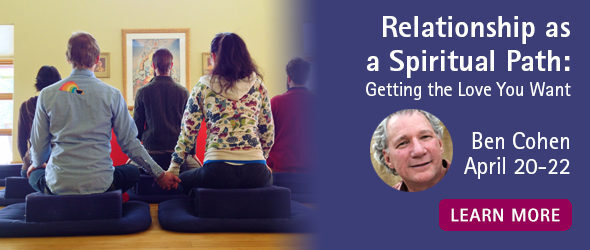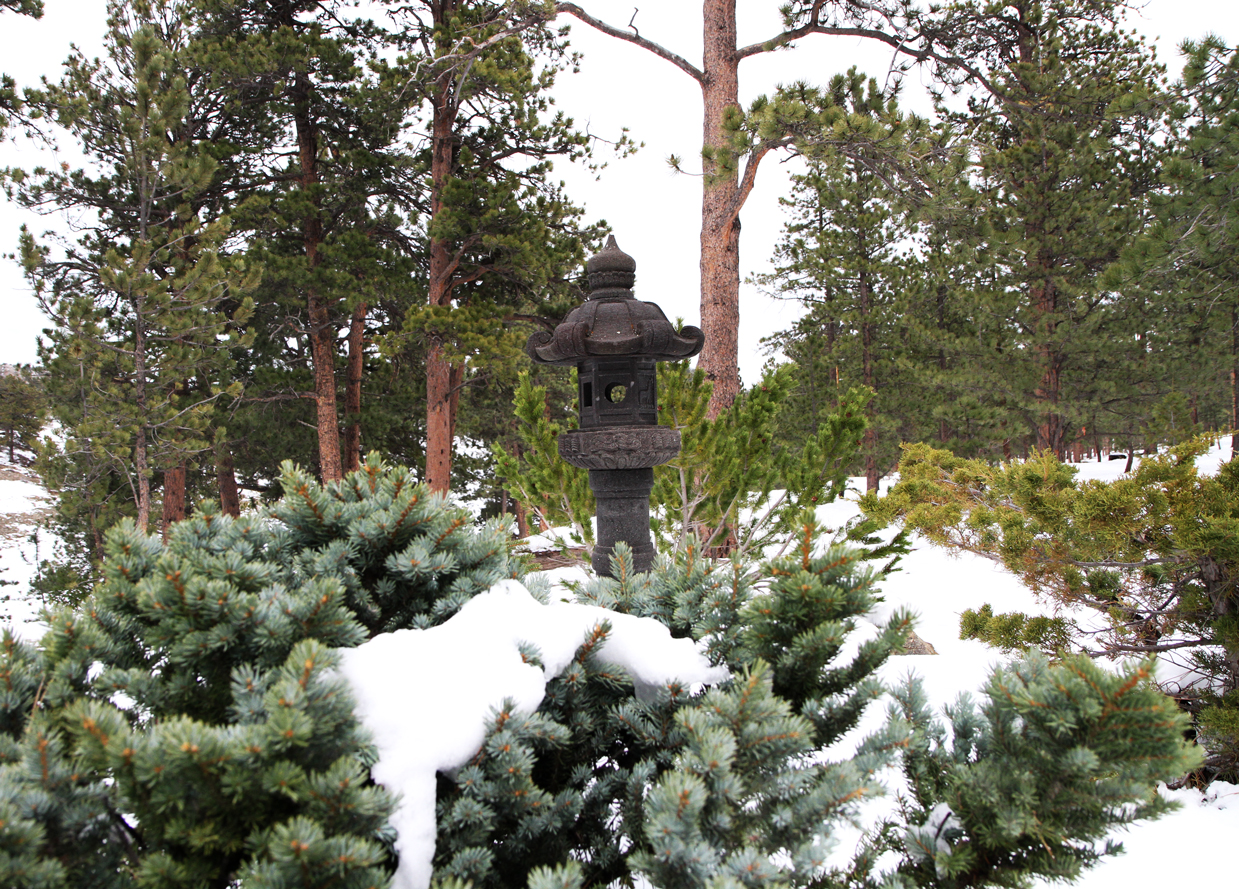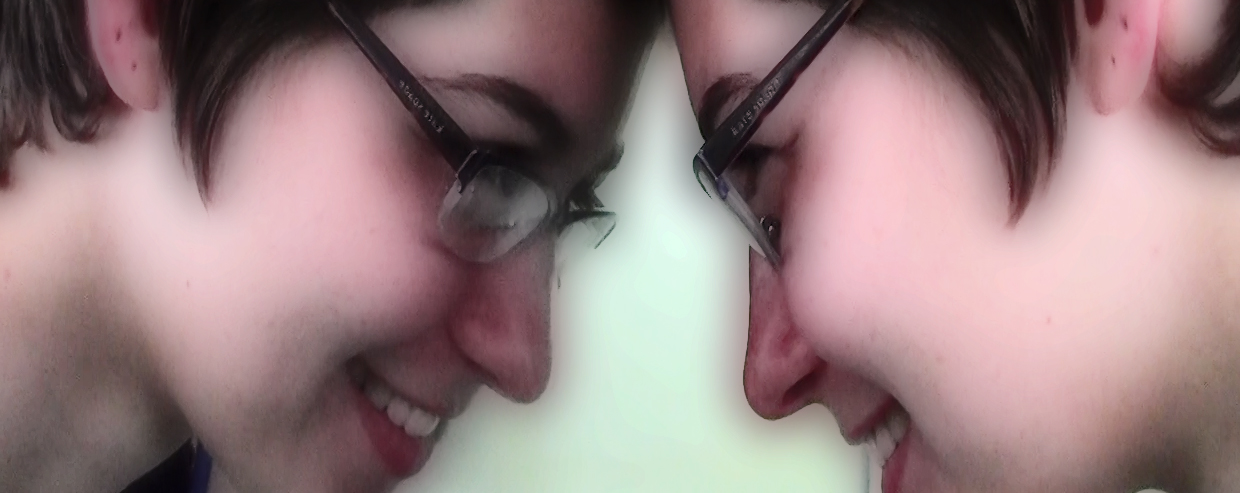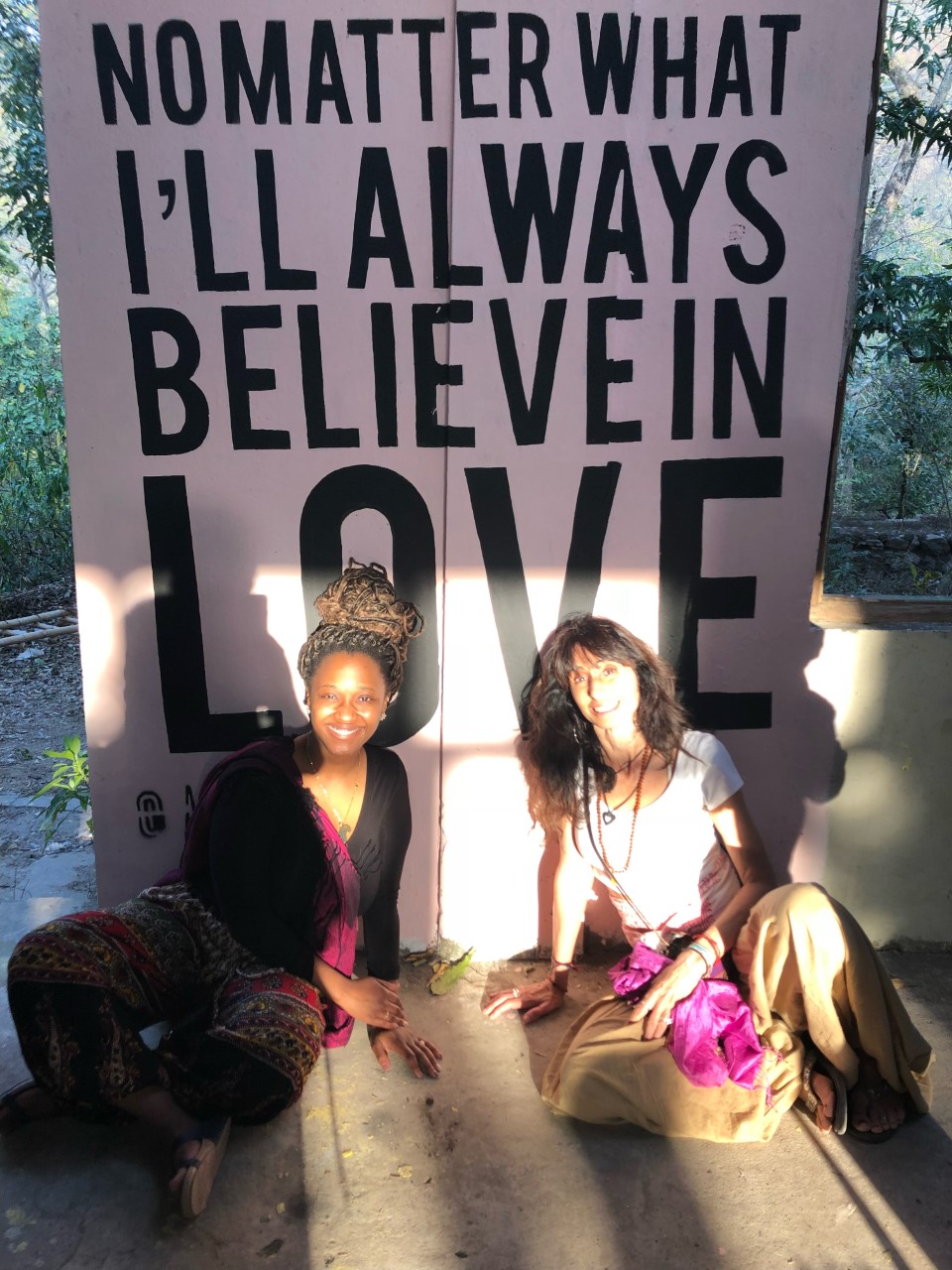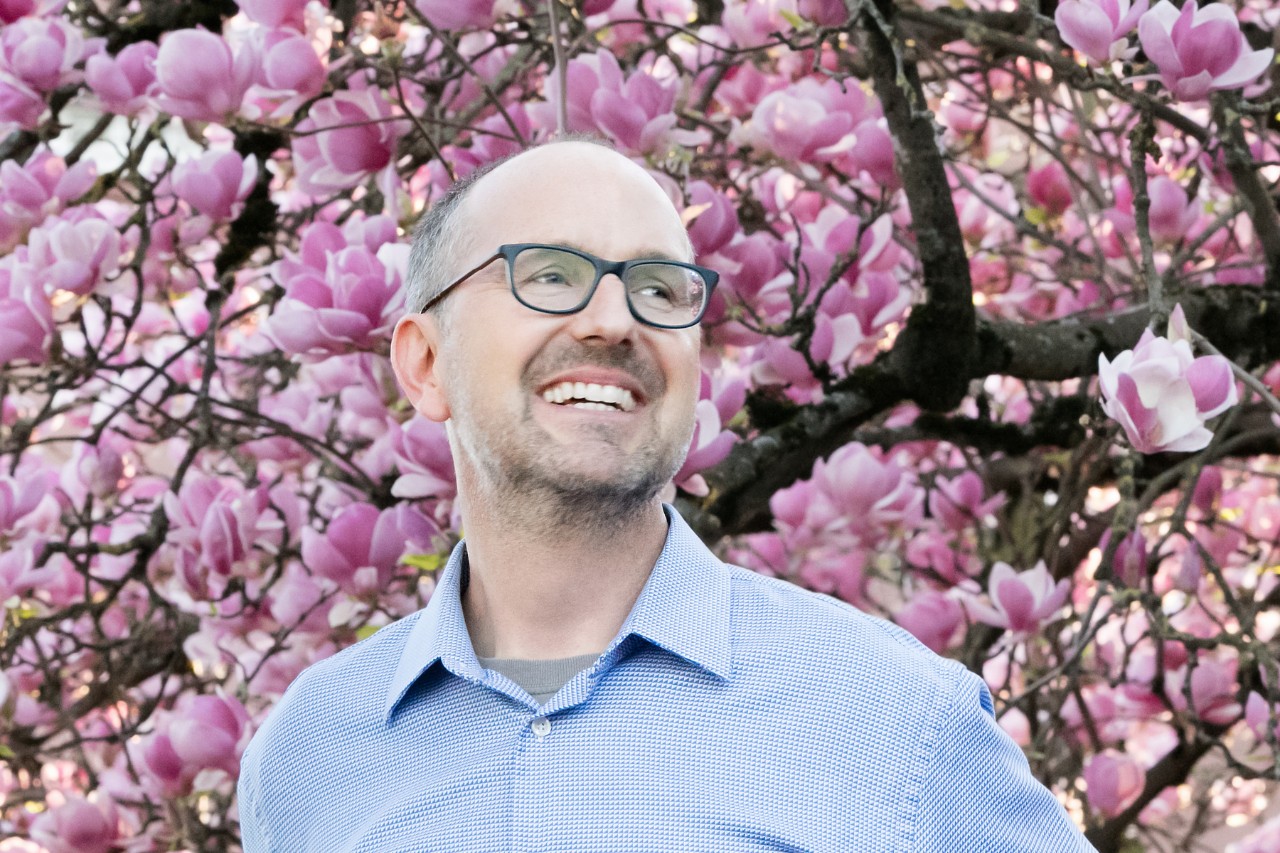Cultivate Love and Compassion With Your Partner
By Ben Cohen, Ph.D. //
A question I often ask couples that I work with in counseling is: “How do you want to act toward your partner?”. I’ll have them write a list of adjectives to describe this, and of course, what people usually say are things like: Loving, patient, compassionate, caring, giving, supportive, etc. I’ve never had anyone say: angry, critical, blaming, and attacking! And yet, the latter is how we often act with the person we most need to act kindly toward.
Thich Nhat Hanh speaks beautifully about the need to “cultivate” positive aspects of ourselves, and to engage in loving behavior. He often uses the metaphor of “seeds”: When you water the seeds of anger in yourself (or your partner), that is what will grow. If, on the other hand, you water the seeds of love and compassion, then that is what will grow and flourish. Which would you choose?
We can use meditation as a time to water those seeds of compassion:
“Breathing in, I feel love”
“Breathing out, I feel compassion”
“Love…compassion…”
Let yourself take just a few minutes each day to meditate on this, and you’ll see a difference in how you relate to your beloved. And any time you sit down to have a dialogue with your partner, take a few minutes first to get clear about your intention: “I intend to be open… loving… compassionate… and to really try to understand them better.” Imagine how your conversation might change with such an intention. And of course, you need to do this even if–especially if–you are feeling angry or frustrated with them.
For more on Thich Nhat Hanh’s wisdom about relationships, I recommend his book Teachings on Love. I hope you find all of this helpful.
Wishing you a life and relationships full of love and compassion.
Namaste,
Ben
About the Author
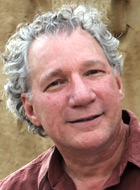
Photo by Stanley Dai on Unsplash


